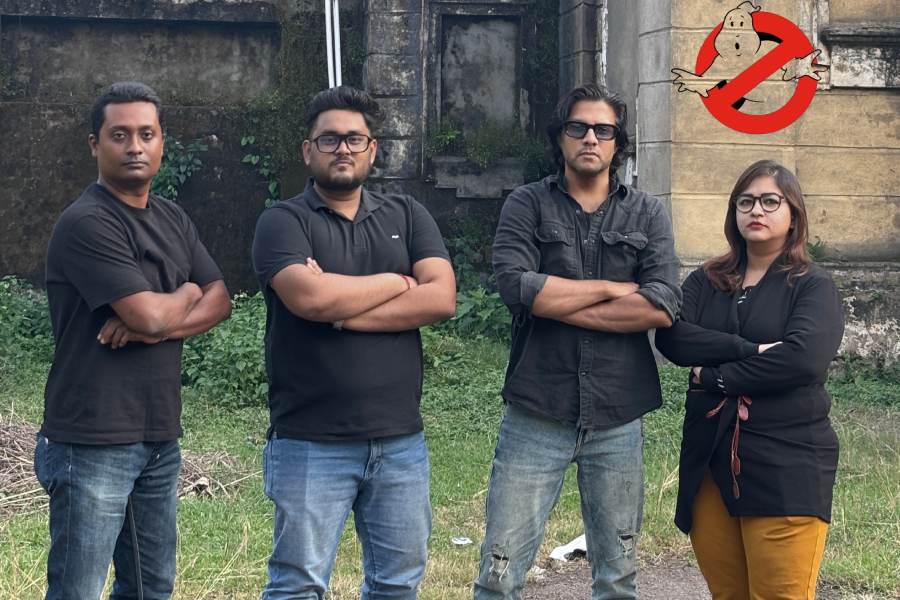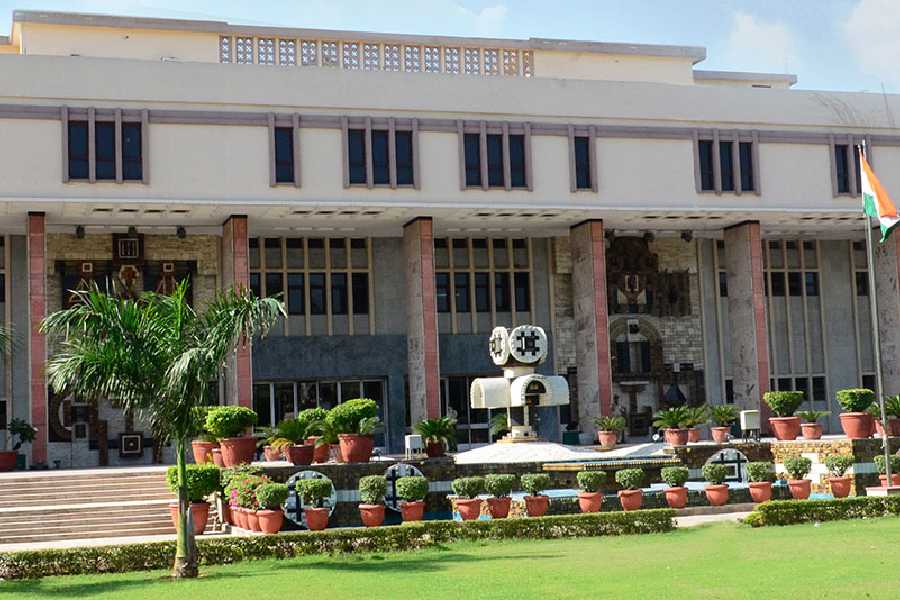Irritable bowel syndrome (IBS) is a chronic illness characterised by recurrent abdominal pain with alteration of bowel habits in the absence of any organic disorder. It can present with diarrhoea or constipation or both. This is a common problem with a prevalence of 10 to 15 per cent of the general population.
In Bengal, the incidence can be as high as 22 per cent, according to a study. IBS can constitute 30 to 50 per cent of all referrals to the gastroenterology outdoor.
Although not fatal, it carries a high economic and social burden. The medical expenses and regular travel to the hospital are not cost effective. It is always a clinical diagnosis after all other diseases have been ruled out. Since IBS can be socially disruptive, many prefer to keep it private.
Poor quality of life (QOL) is a genuine concern for these patients. Some of the issues faced by such patients:
- They avoid places without washrooms
- Reluctance to leave home because of the unpredictable nature of the disease
- Avoidance of work and long distance travel leading to reduced productivity
- It disrupts the balance between personal and professional life.
In the Shoojit Sircar film Piku, released in 2015, the main character played by superstar Amitabh Bachchan suffered from chronic constipation. It had a profound influence on his daily life. The presentation was extremely realistic and such personalities are not uncommon in society.
Irritable bowel syndrome
Recurrent abdominal pain for at least one day a week in the last three months related with defecation is suggestive of IBS. There is also a change in the frequency and form of stool. The symptoms may have persisted for six months or more.
IBS is a multifactorial disorder associated with inflammation of gut and altered microbes. There is an inter-dependence between the gut and the brain. Familial and genetic factors are important.
IBS is associated with stress, anxiety and depression. This must be adequately recognised and treated. There are no blood markers to diagnose this condition.
Although IBS is not a fatal problem, there can be alarm features:
- Unintended weight loss of more than 10 per cent in the last three months
- Sudden blood in stool
- Severe symptoms which keep the patient awake at night
- High fever
- Onset of IBS after 50 years.
IBS is a chronic problem that does not lead to cancer. However, certain diseases with similar symptoms, such as ulcerative colitis, can develop into colon cancer. Accurate diagnosis and advice of a gastroenterologist is mandatory.
Solution
Proper awareness and reassurance is essential to treat IBS. Anti-spasmodics and anti-depressants are commonly used. Laxatives for constipation and anti-diarrhoea agents provide symptomatic relief. Food items which trigger symptoms should be
avoided.
Gluten-rich food items, sugar, wheat and dairy products can worsen the symptoms.
Leafy vegetables along with fresh fruits are encouraged. Food items rich in fibre are recommended, along with meat, fish and eggs. Lactose-free dairy products and wheat-free grains or flours can be consumed. Along with dietary changes, the underlying psychological conditions must be treated to achieve desirable results. Lifestyle modification according to the symptoms is also necessary.
Bengali connection
Although IBS is among the commonest functional bowel disorders worldwide, there is a Bengali connection. Ethnicity, food habits and geographical location play a role in the incidence of IBS.
The gut microbes in the Bengali population differ from the West. Regular consumption of fish, rice and vegetables also differ from the West. In Bengal, IBS with diarrhoea is much more common than the constipation variety. Unfortunately, the diarrhoea form is most distressing. The mixed variety of diarrhoea and constipation is also common.
IBS is reported more in the younger and middle-aged individuals with a mean age of 37 years. It decreases with increasing age. IBS is more common among males in Bengal.
However, in the western population, it is much more common in females. It is possible that less females report to the outpatient clinics here unless the symptoms are severe.
Toilet access
Though less discussed, toilet access is an important issue for all IBS patients, especially those with diarrhoea. It is difficult to plan long journeys without toilet mapping along the route.
The situation is unpredictable as there may be an issue of urgency. This increases the level of anxiety. The availability of clean toilets free of charge is uncertain at all places. The use of toilets in commercial establishments without any purchase is not welcome. This is unfortunate.
Permission to use toilets is a matter of human dignity. Poor sanitation and non-availability of toilets are a denial of rights.
Though IBS involves a large section of the population, there are hardly any dedicated clinics with a gastroenterologist and psychiatrist consulting together. Changes in lifestyle and proper medical advice are the key to success.










